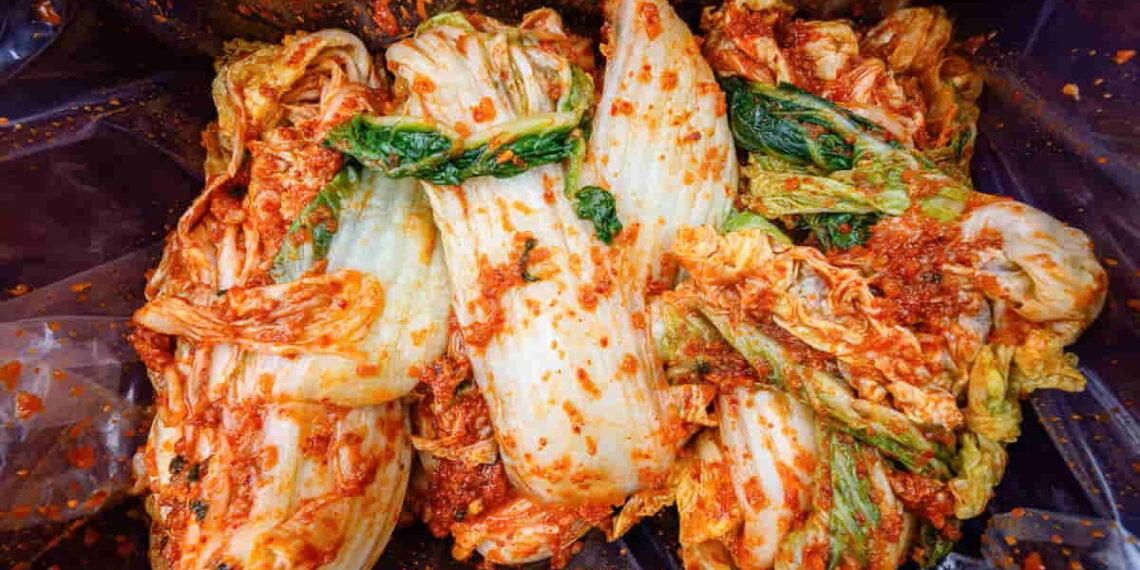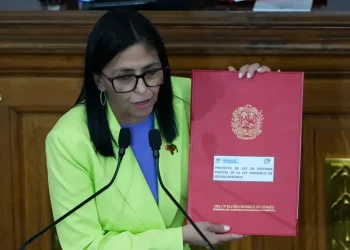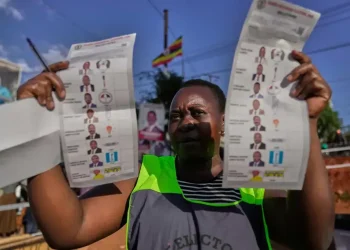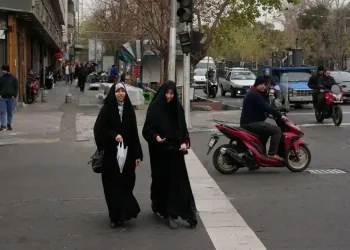South Korean Airport Seizes 11 Tons of Kimchi and Other Banned Items
At Incheon International Airport (ICN), security officials are more accustomed to confiscating liquids like water bottles and shower gel, but in 2023, they seized an unexpected item: kimchi. This beloved Korean dish, made from fermented vegetables and often soaked in spicy sauce, is a staple at nearly every Korean dinner table. However, due to its liquid content, it’s subject to the airport’s strict rules on carry-on liquids.
10.7 Tons of Kimchi Confiscated
Last year, ICN officials confiscated a staggering 10.7 tons of kimchi from passengers violating the airport’s no-liquid rule. Since pre-packaged kimchi is often stored in bottles or plastic bags filled with liquid, it qualifies as a liquid under the regulations. Like many airports worldwide, Incheon bans liquids and gels exceeding 100ml in carry-on luggage.
The Liquid Ban Expands to Other Fermented Products
Kimchi wasn’t the only food item caught in the crosshairs of the airport’s liquid ban. In 2023, ICN officials also confiscated 10.5 tons of jang, a term referring to various traditional Korean fermented sauces and pastes. These items, too, often contain liquid components and fall under the same restrictions.
Kimchi Awareness Campaign Goes Viral
In response to the increase in confiscated kimchi, a Korean travel influencer posted a YouTube video last year reminding travelers that kimchi is check-in-only. The video quickly went viral, accumulating over 1.2 million views. It’s clear that travelers needed a reminder that, despite being a beloved dish, kimchi is considered a liquid when traveling by air.
What Happens to the Confiscated Items?
So what happens to the kimchi and other banned items? Airport officials have stated that the confiscated foods are either discarded or donated to local community welfare centers. This is in line with how other confiscated goods are handled, ensuring they are put to some use rather than simply thrown away.
Other Popular Foods and Products That Faced Bans
Incheon International Airport isn’t the only place where food products have run afoul of regulations:
- Korean Air, South Korea’s flagship airline, made headlines in 2024 when it banned ramyeon instant noodles from being served in economy class on long-haul flights. The airline cited increased turbulence making the preparation of hot noodles (which require boiling water) potentially unsafe for passengers.
- The popular Trader Joe’s Everything But the Bagel seasoning mix, a viral product in the U.S., also encountered trouble when travelers attempted to bring it into South Korea. Despite its popularity as a souvenir for those returning from the U.S., the seasoning contains poppy seeds, which are illegal in Korea. Travelers found themselves facing the confiscation of their bottles at the airport.
One South Korean blogger shared her experience of having 20 bottles of the seasoning mix taken by officials upon her return to the country. She said the bottles were tagged with a yellow lock before being seized. Now, warning signs in both Korean and English are posted throughout the terminal, advising travelers not to bring the seasoning into South Korea.
The Takeaway for Travelers
The South Korean government is clearly vigilant about the items entering the country, particularly when it comes to food products. Whether it’s kimchi, fermented sauces, or seasoning mixes, travelers should be aware of the liquid and ingredient restrictions at the airport. To avoid any inconvenience, it’s best to check in these items rather than carry them in your luggage.
By staying informed and prepared, travelers can help ensure their journey is smooth—and their favorite food doesn’t end up in the trash!
This article was rewritten by JournosNews.com based on verified reporting from trusted sources. The content has been independently reviewed, fact-checked, and edited for accuracy, neutrality, tone, and global readability in accordance with Google News and AdSense standards.
All opinions, quotes, or statements from contributors, experts, or sourced organizations do not necessarily reflect the views of JournosNews.com. JournosNews.com maintains full editorial independence from any external funders, sponsors, or organizations.
Stay informed with JournosNews.com — your trusted source for verified global reporting and in-depth analysis. Follow us on Google News, BlueSky, and X for real-time updates.














